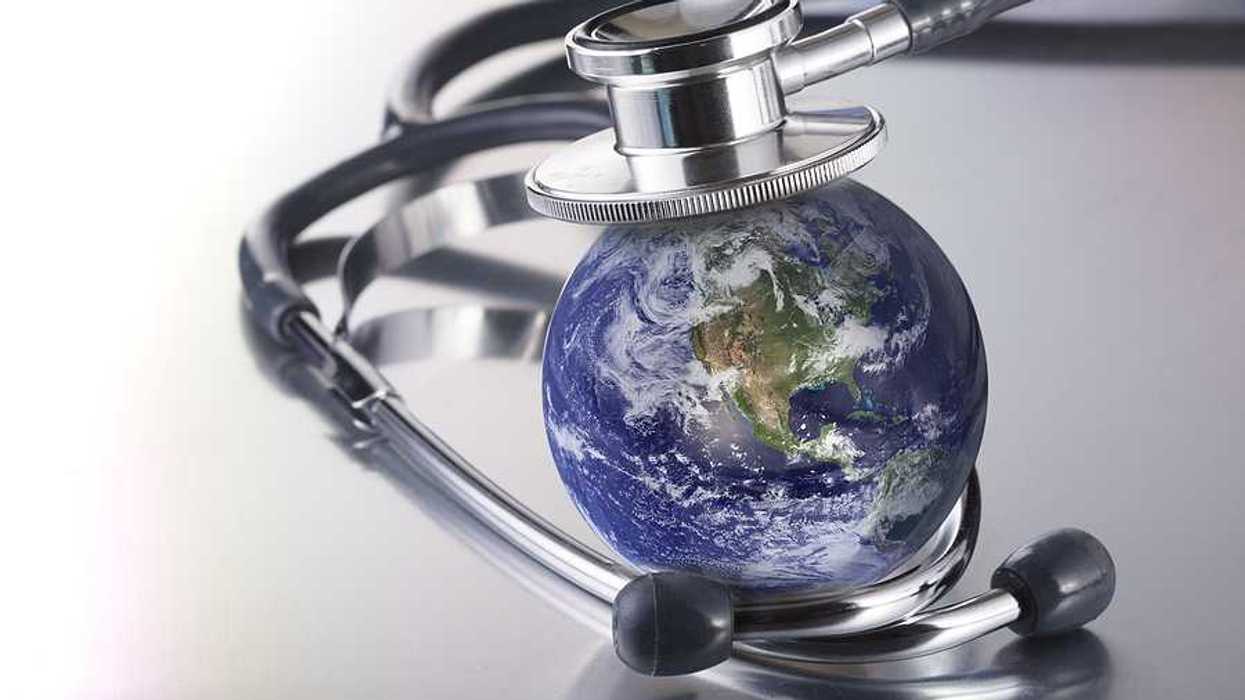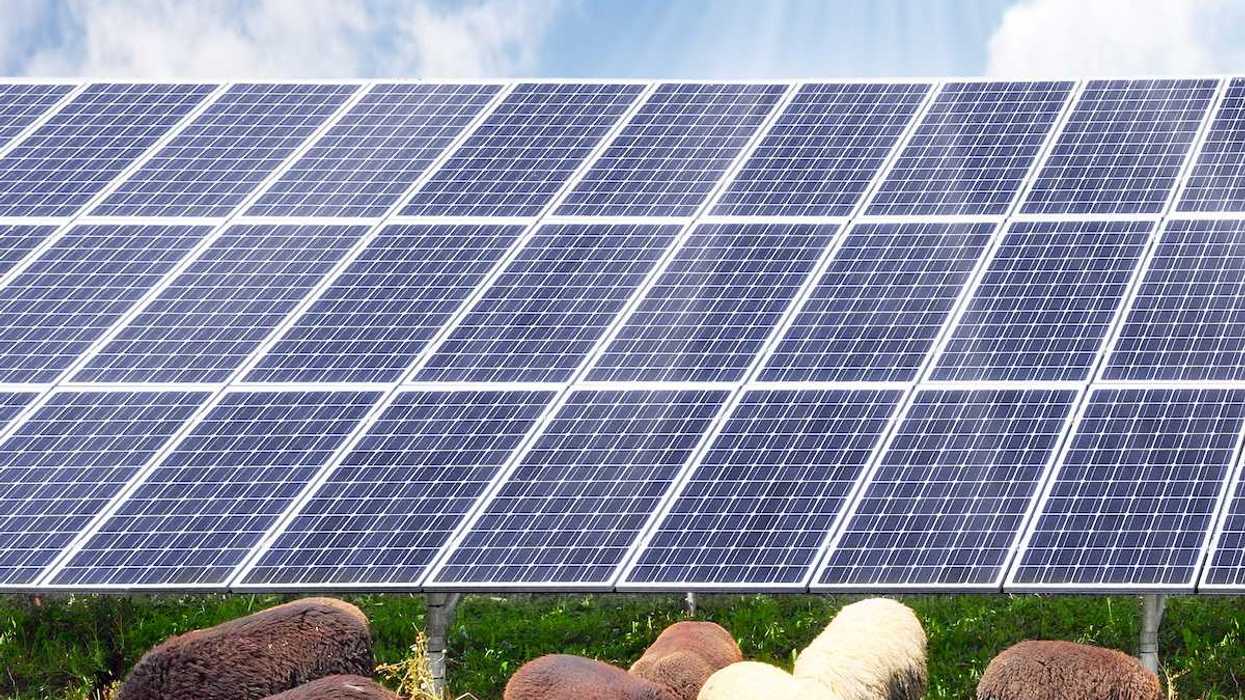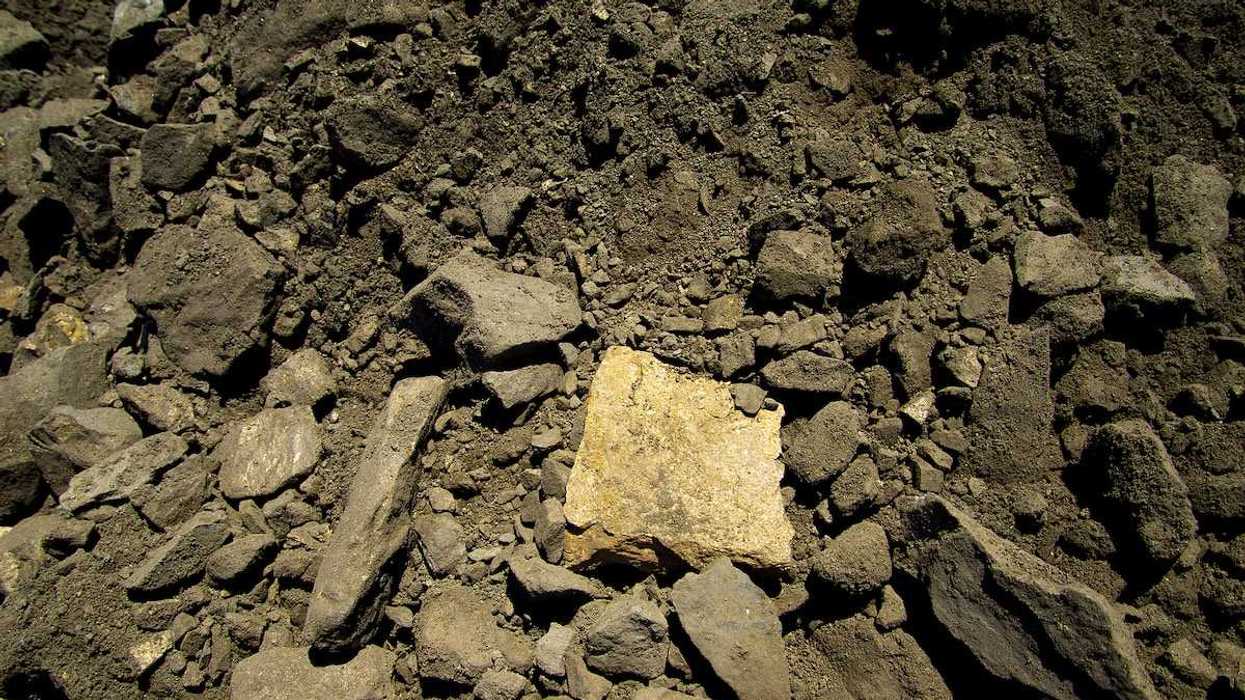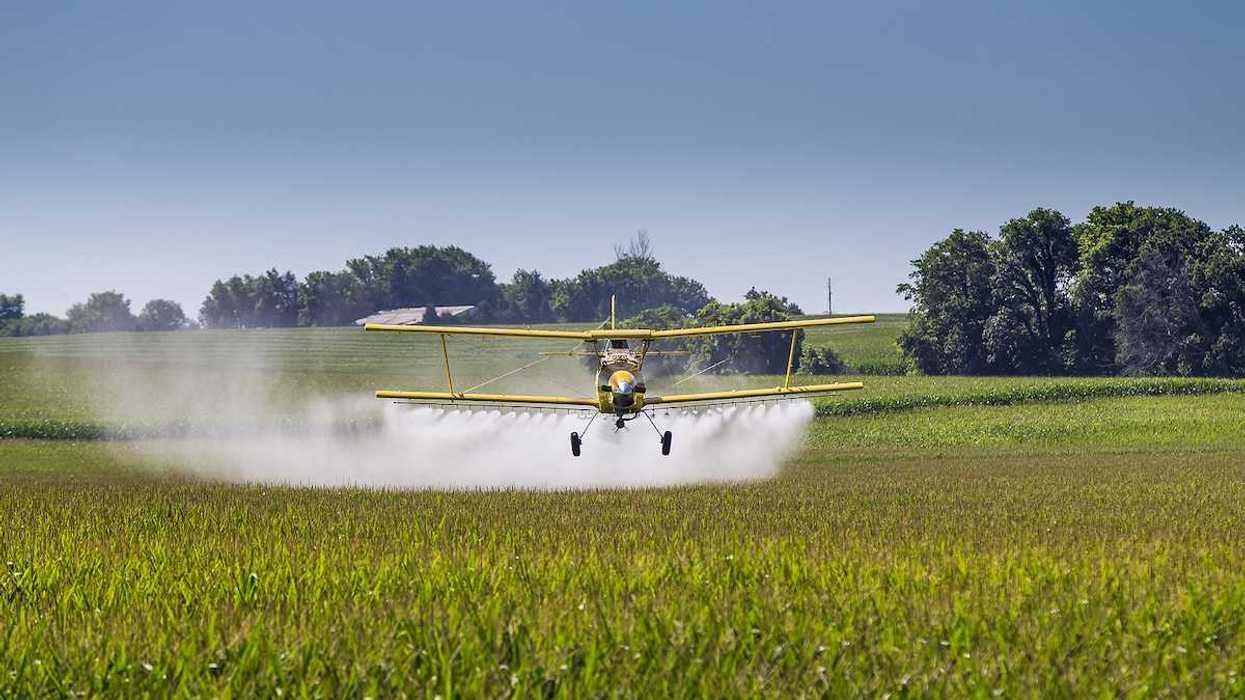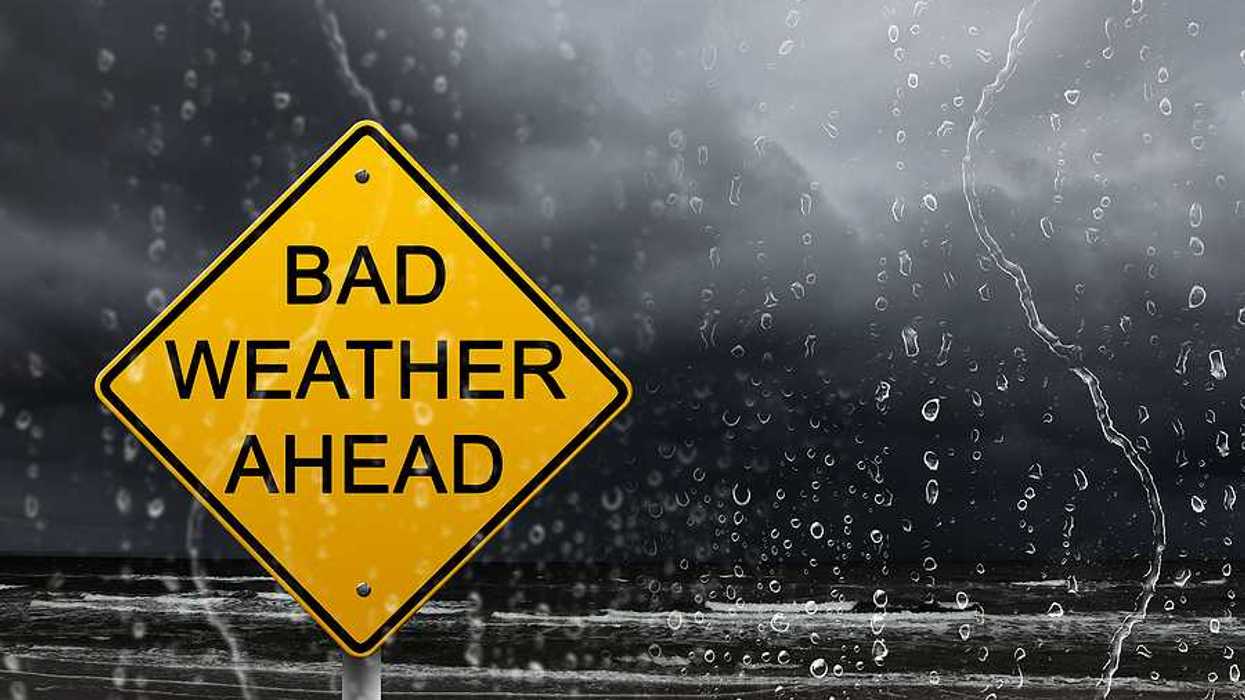Robert Taylor, an 84-year-old environmental advocate in Reserve, Louisiana, fears the Trump administration’s reversal of pollution regulations will worsen the already dire health risks in his community, where industrial emissions have long been linked to high cancer rates.
Oliver Laughland reports for The Guardian.
In short:
- The Trump administration is dismantling environmental protections that were enacted under Biden, including rules targeting chloroprene emissions from a chemical plant in Reserve, Louisiana.
- Taylor, who lost his wife to cancer and has spent years fighting for cleaner air, now sees his community’s legal and regulatory efforts at risk of being undone.
- The Denka plant, which emits chloroprene, claims it has reduced pollution significantly, but legal battles over compliance and regulation continue.
Key quote:
“It is going to be terrible for us. His assault is outright and he is upfront. He just started right out the gate.”
— Robert Taylor, Louisiana environmental advocate
Why this matters:
Reserve, Louisiana, sits in an industrial corridor known as “Cancer Alley,” where communities — predominantly Black and low-income — face some of the highest cancer risks in the U.S. due to air pollution. Chloroprene, a likely human carcinogen, has been linked to severe health issues, yet state and federal officials continue to clash over regulation. With the rollback of pollution rules, residents may be left without legal protections, further exposing them to toxic emissions.
Related EHN coverage: “Cancer Alley” residents exposed to more than the lifetime exposure limit for cancer-causing compound: Report




